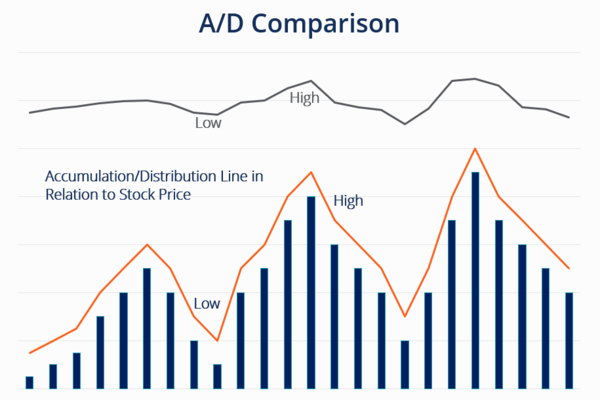Short-term trading refers to trading activities conducted over a relatively
short period of time. In the financial market, short-term traders usually hold
positions for a short period of time, which can be minutes, hours, or even days.
In contrast, long-term trading refers to holding a position for a longer period
of time, which may be weeks, months, or even longer. Compared to long-term
investments, short-term trading focuses more on short-term market fluctuations
and price fluctuations than long-term trends in fundamentals.

The goal of short-term trading is to capture short-term price fluctuations
and profit from them by quickly entering and exiting transactions. Short-term
traders usually use technical analysis tools and charts to analyze market trends
and look for possible buying and selling opportunities. They are more concerned
with short-term Market trends and price fluctuations than long-term economic
fundamentals.
Due to the frequent trading and rapid profit acquisition characteristics of
short-term trading, high requirements are placed on the technical analysis
ability, risk control ability, and quick decision-making ability of traders.
Short-term trading is also more susceptible to market noise and short-term
fluctuations, so traders need to have strong psychological qualities and risk
management abilities.
Short-term trading is suitable for traders who prefer to pursue quick profits
and activity. They closely monitor market trends and price fluctuations, seek
short-term trading opportunities, and obtain higher trading frequency and faster
profit returns.
Short-term trading carries certain risks, as market and price fluctuations
are unpredictable. Traders need to have the ability to manage risks and funds to
control losses and protect funds. In addition, short-term trading also requires
a significant investment of time and effort for market research and transaction
execution.
Short-term trading is also known as intraday trading. For short-term
transactions, the following principles should be adhered to:
Firstly, based on the obedience theory of short-term trading, we choose the
current band, either up or down. If the current short-term trend is upward, then
we only choose to long by stepping back on the bottom line. If the current
short-term trend is downward, then we can only choose to short by stepping back
on the top form.
Secondly, strictly use the objective principles of constraint theory to
control one's greed. Before each entry transaction, it is necessary to analyze
the most conservative profit for the same constraint interval. If the short-term
trading interval is too small, do not trade (conservative profit-loss ratio:
2:1). When short-term trading reaches the most confident constraint position, it
is necessary to reduce positions or exit to ensure no loss and then look at
larger profits.
Thirdly, intraday trading follows the principle of doing within the day and
completing within the day. Short-term trading is a race following the "half
game" theory, and position control is the key.
Fourth: Strict trading plans and heavy positioning techniques must be
established.
Disclaimer: Investment involves risk. The content of this report is not an investment advice and does not constitute any offer or solicitation to offer or recommendation of any investment product.







